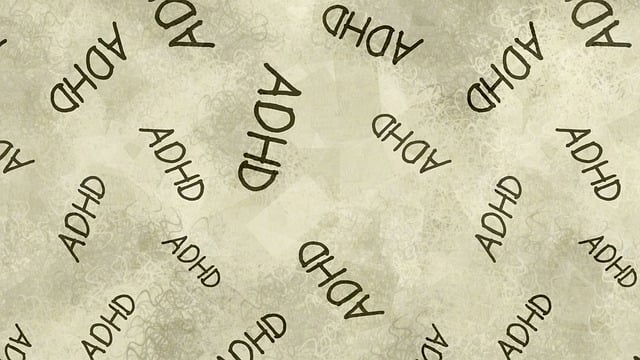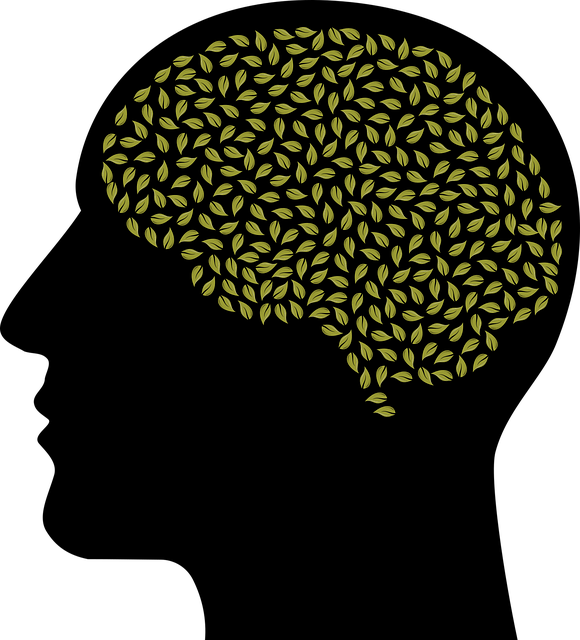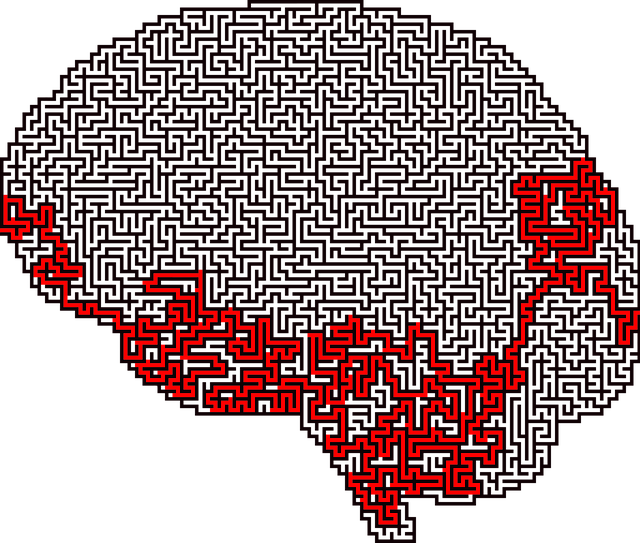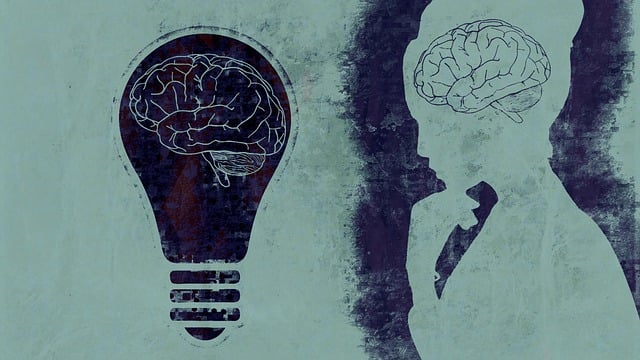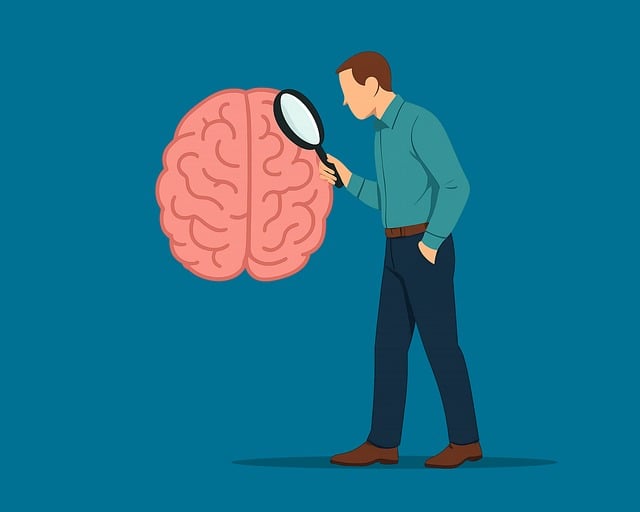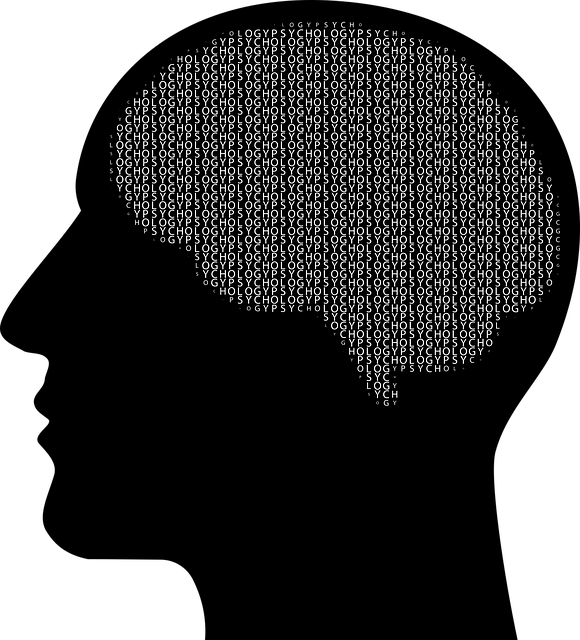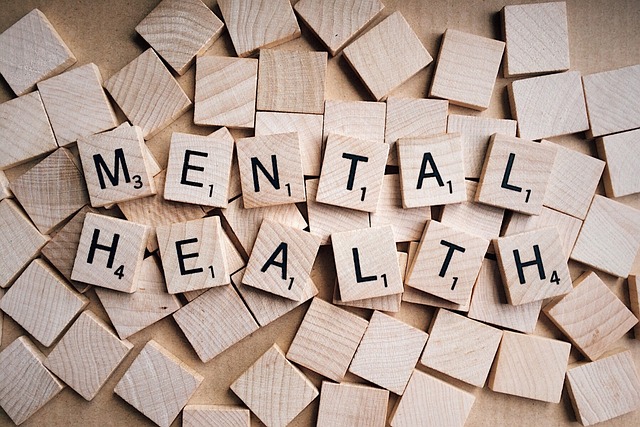Therapy for adults with relationship issues can significantly enhance mental wellness through personalized self-care routines. This involves understanding individual needs, managing stress, and adopting healthy coping mechanisms like mindfulness and CBT. A structured routine should include physical activity, balanced diet, quality sleep, stress management, realistic boundaries, and 'me time' to prevent burnout. Integrating therapeutic practices and building a strong support network foster calmness, healthier relationships, and improved quality of life.
“Unwind and embrace a transformative journey towards optimal mental wellness with our comprehensive guide. Discover the power of self-care routines tailored to your unique needs. This article explores essential aspects, from recognizing your mental health requirements to establishing a robust self-care routine.
Learn how to integrate therapeutic practices seamlessly into daily life and explore the profound impact of nurturing relationships on holistic healing. Uncover strategies to address relationship issues and embrace a healthier, more balanced you.”
- Understanding Your Mental Wellness Needs
- Building Blocks of a Self-Care Routine
- Integrating Therapeutic Practices into Daily Life
- Nurturing Relationships for Holistic Healing
Understanding Your Mental Wellness Needs

Understanding your mental wellness needs is a crucial first step in developing an effective self-care routine. Every individual’s experience with mental health is unique, influenced by personal history, life circumstances, and specific challenges like relationship issues or trauma. Recognizing these factors is essential for tailoring self-care practices to address underlying concerns. Therapy for adults can play a pivotal role in this process, providing tools to navigate and manage emotional well-being.
Through therapy, individuals gain insights into their mental wellness landscape, learning to identify triggers, manage stress, and build inner strength. This involves assessing personal vulnerabilities, understanding one’s emotional responses, and adopting healthy coping mechanisms. By integrating these practices into daily life, people can enhance resilience, improve overall mental health, and create a sustainable self-care routine that supports both their psychological and physical well-being.
Building Blocks of a Self-Care Routine

Building a self-care routine is a powerful tool for maintaining mental wellness, especially when navigating relationship issues and seeking therapy for adults. It’s not just about indulging in luxuries but creating habits that nurture your mind, body, and spirit. The foundation of any effective self-care regimen lies in understanding your unique needs and preferences. This might involve identifying specific activities or practices that bring you calm, joy, or a sense of balance. For instance, some people find solace in meditation, nature walks, creative pursuits, or connecting with loved ones.
A structured routine should incorporate various elements such as physical exercise, healthy eating, adequate sleep, and stress management techniques. These building blocks are essential for maintaining stability and resilience, especially when facing relationship challenges or undergoing therapy. Additionally, setting realistic boundaries and prioritizing ‘me time’ can prevent burnout, a common concern among healthcare professionals. Implementing these strategies may contribute to better mental health outcomes and enhance one’s overall quality of life.
Integrating Therapeutic Practices into Daily Life

Integrating therapeutic practices into daily life is a powerful way to cultivate mental wellness. Many adults dealing with relationship issues find that incorporating therapy techniques offers significant benefits in managing stress and improving overall well-being. This can include practicing mindfulness, which helps individuals stay present and reduce anxiety, as well as cognitive-behavioral therapy (CBT) strategies for challenging negative thought patterns. By integrating these practices, individuals can create a sense of calm and perspective, fostering healthier relationships and an improved quality of life.
Seeking guidance from a healthcare provider with expertise in mental health education programs design is essential. These professionals can offer tailored advice and Crisis Intervention Guidance, ensuring individuals receive the support they need to navigate challenging situations. Additionally, Cultural Competency Training equips both patients and providers to understand and address diverse needs, promoting inclusive care that resonates with various cultural backgrounds.
Nurturing Relationships for Holistic Healing

Building a strong support network is an integral part of cultivating mental wellness and holistic healing. Nurturing relationships with friends, family, or even joining communities that align with your interests can significantly contribute to your overall well-being. Social connections provide a sense of belonging and offer a safe space to express emotions, share experiences, and gain different perspectives on life’s challenges.
Engaging in open and honest communication within these relationships allows for better understanding and support. Whether it’s spending quality time with loved ones, participating in group activities, or seeking professional help through therapy for adults with relationship issues, fostering meaningful connections can enhance your Mental Health Awareness. Practices like mindfulness meditation and cultivating positive thinking can further strengthen these bonds, creating a supportive environment essential for emotional healing and growth.
Developing a mental wellness self-care routine is a transformative journey that empowers individuals to take control of their emotional well-being. By understanding one’s unique needs, building structured yet flexible routines, integrating therapeutic practices, and nurturing meaningful relationships, folks can create a holistic healing environment. Integrating therapy for adults with relationship issues becomes more effective when these strategies are embraced as part of daily life, fostering resilience and enhancing overall mental wellness.
